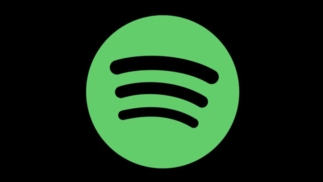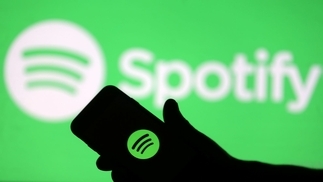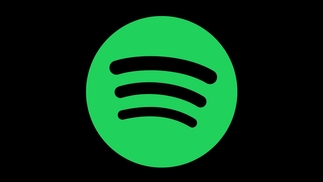UK musicians to be offered protections and “transparency” around streaming royalties under new code
The Association of Independent Music (AIM) have called the voluntary code “a milestone”

Musicians in the UK are to be offered protections and “transparency” around streaming royalties under a new code published today (31st January).
Created by the Intellectual Property Office (IPO), the voluntary code commits to improving transparency across the music streaming industry by setting out standards of good practice between labels, distributors, digital service providers (DSPs) and music creators.
Included in the code is guidance that labels and publishers should signpost in a contract or elsewhere regarding how royalties will be calculated, as well as the means and frequency with which royalty information will be shared with artists.
As per the code, artists are also encouraged to seek suitable independent legal representation before signing any contract involving the assignment or exclusive licensing of their work. In certain cases, labels and publishers may make a contribution towards the costs of that legal representation.
Signatories include the British Phonographic Industry (BPI) — who represent over 500 labels — Musicians’ Union (MU), PRS for Music, and the Association of Independent Music (AIM), who have been directly involved in its development.
Gee Davy, COO of the AIM, said: “The Transparency Code is a milestone, with participants across the music sector uniting to improve trust and understanding of the streaming ecosystem through transparency. We welcome the participating streaming platforms’ commitment to aid wider understanding of their models and payments.”
“As well as providing clarity on expected standards for more established players, we expect the Code to prove vital for those starting out and growing their business to ensure they are set on the right path from day one,” she continued.
“By consulting across the broad independent sector, AIM has ensured that the Code should be achievable for all, no matter their scale. We will be collaborating with other trade body signatories over the coming months to offer guidance and support for independents to ensure all can uphold the highest standards possible.”
The UK code of good practice on transparency in music streaming has been in development since July 2021, when the Department for Digital, Culture, Media & Sport (DCMS) Select Committee published the report of its inquiry into the Economics of Music Streaming. The report made recommendations for the government to address a range of issues it had identified in the music industry.
The code will come into force on 31st July and a formal review of the code, also led by the IPO, will be convened two years after the date it becomes effective to consider its impact and check whether the industry has complied.
Upon recommendation by 2021’s inquiry into the Economics of Music Streaming, the IPO has also established a new agreement on streaming metadata. These are the details pertaining to a track’s creation, including release date, genre, track title, and producer, which help artists get compensated for their work via royalties.
Published on 31st May, the voluntary agreement comprises “a roadmap for how industry and Government will work together to deliver consistent high quality metadata, supported by best practice, education and well-functioning systems.”
See the list of signatories and read the full proposal on the new code of ‘Good Practice on Transparency in Music Streaming’ on the UK government site.





